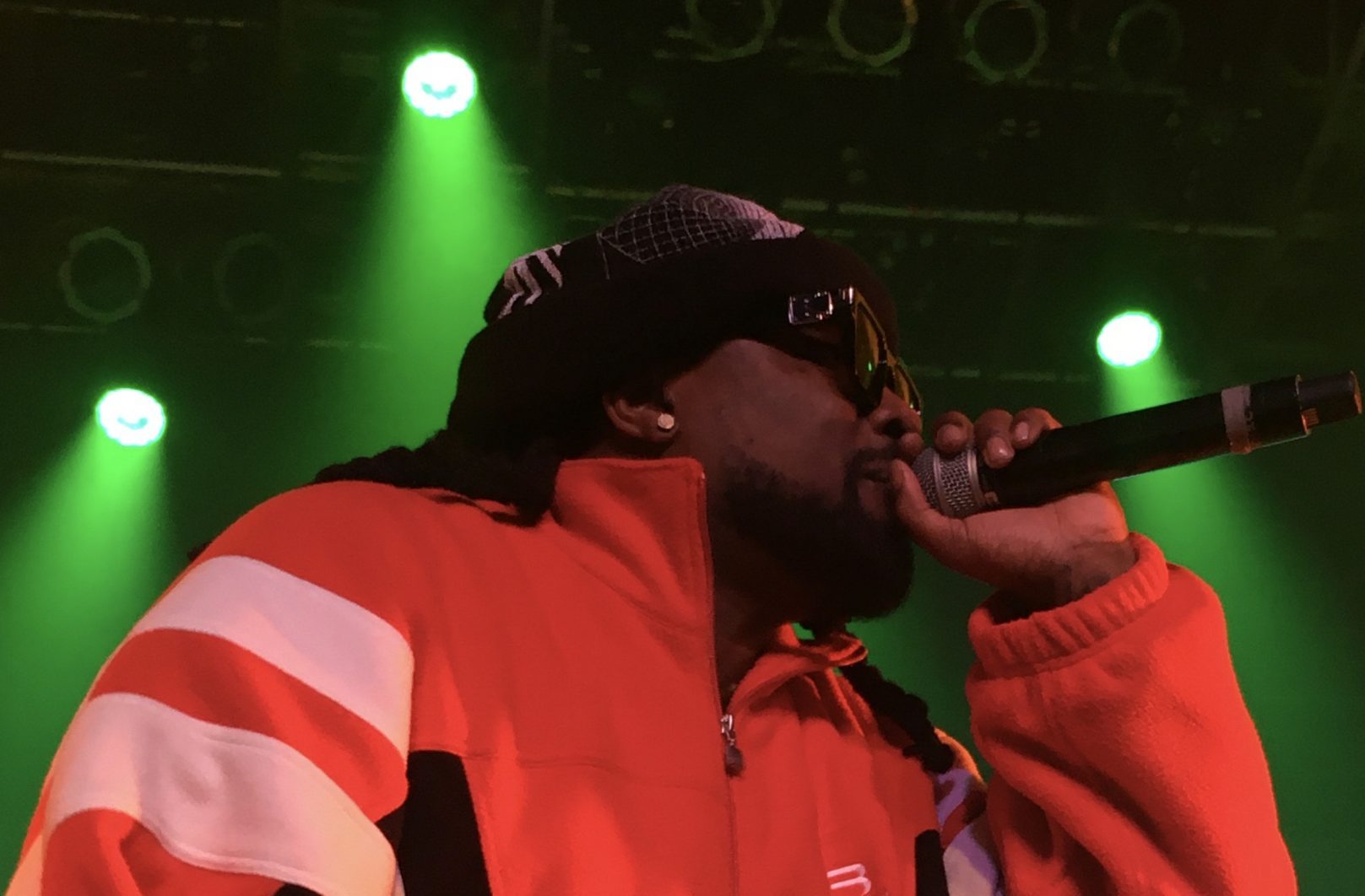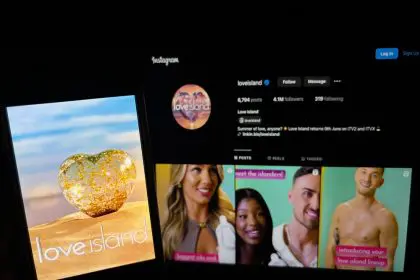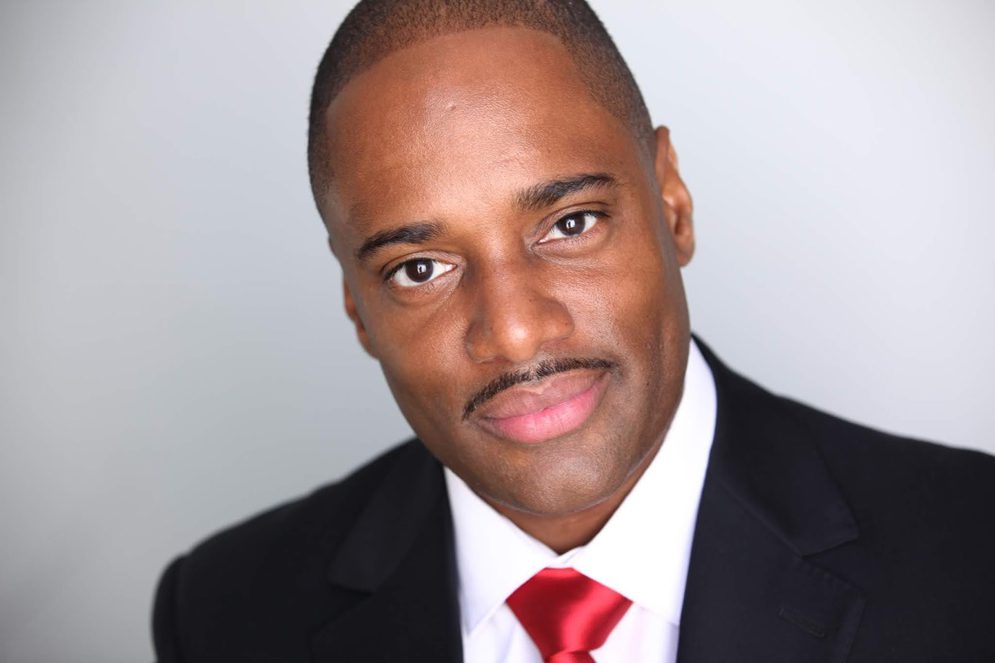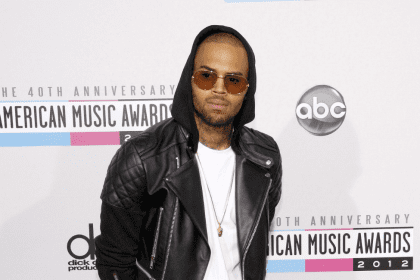For months, an unfounded rumor has circulated through social media channels claiming rapper Wale was dangled over a balcony by Sean “Diddy” Combs. In a recent appearance on The Morning Hustle, the respected artist finally addressed these allegations head-on, categorically dismissing them and providing insight into how such fabrications spread in today’s digital landscape.
The rumor’s rapid spread and serious implications
The balcony story first gained traction in 2023, quickly spreading across social media platforms despite having no factual basis. According to the fabricated narrative, Diddy allegedly suspended Wale from a balcony due to supposed interactions with Cassie Ventura, Diddy’s former girlfriend.
This sensational claim appeared during a period of increased scrutiny of Diddy’s past relationships and business dealings. The timing contributed to the rumor’s persistence, as it aligned with other allegations circulating about the music mogul’s behavior.
Despite previous denials from Wale’s representatives, the story continued to resurface, demonstrating the challenging nature of combating misinformation once it enters the public consciousness. The rumor’s continued circulation eventually prompted Wale to address it directly and definitively.
Wale’s unequivocal denial
During his Morning Hustle interview, Wale described the allegation as “preposterous” and emphatically rejected any truth to the story. The artist made clear that no such incident ever occurred between himself and Diddy.
Wale further clarified that he has never experienced physical confrontations with anyone in the music industry. While acknowledging some “close calls” throughout his career, he specified that these never involved Diddy and certainly never escalated to the dangerous scenario described in the rumor.
The artist attributed the fabrication to internet trolling that unfortunately gained momentum. His straightforward denial highlighted how easily misinformation can transition from obvious fiction to perceived fact when amplified through social media channels.
The anatomy of a viral falsehood
The balcony rumor represents a case study in how misinformation spreads in today’s media environment. Several factors contributed to its persistence, the story contained sensational elements that made it inherently sharable, it involved high-profile figures with existing public interest, it emerged amid other controversies surrounding one of the subjects, social media algorithms tend to amplify controversial content and few platforms have robust fact-checking mechanisms.
This pattern of rumor propagation has become increasingly common in entertainment news, where verification standards often fall short of traditional journalism practices. The incident demonstrates how even obviously false claims can gain credibility through repetition alone.
The real-world impact on artists’ careers
For recording artists like Wale, navigating false narratives has become an unfortunate aspect of modern celebrity. These fabrications can potentially damage professional relationships, affect business opportunities, and create unnecessary tension within the industry.
Wale’s approach to addressing this rumor demonstrates the difficult balance public figures must strike: ignoring false claims risks allowing them to fester, while addressing them directly might inadvertently amplify them further.
By speaking out clearly and directly, Wale chose transparency as his strategy, refusing to let speculation define public perception of his professional relationships. This approach aligns with his career-long emphasis on authenticity and straightforward communication with fans.
The broader context of celebrity misinformation
The Wale-Diddy rumor exists within a larger ecosystem of celebrity misinformation that has flourished in the social media era. Entertainment news consumers increasingly receive information through unvetted channels where engagement metrics often matter more than accuracy.
This environment creates particular challenges for hip-hop artists, who frequently face heightened scrutiny and sensationalized coverage compared to performers in other genres. False narratives about conflict and controversy can overshadow artistic achievements and creative contributions.
As social media platforms continue evolving their approaches to misinformation, celebrities and their teams must develop increasingly sophisticated strategies for truth management. Wale’s direct denial represents one effective approach, though the continued circulation of the rumor demonstrates the limitations of individual responses to systemic issues.
Focus on music over manufactured drama
Throughout his career, Wale has built a reputation for introspective lyrics and artistic integrity. His discography reflects thoughtful engagement with personal and social issues rather than industry drama.
By addressing and dismissing this fabricated incident, Wale redirects attention to what matters most: his artistic contributions and authentic self-presentation. This refocusing serves both his career interests and his audience, who benefit from engagement with his actual work rather than fictional controversies.
As fans and media consumers, this incident offers an opportunity to reflect on information consumption habits and the responsibility to approach celebrity news with appropriate skepticism. The persistence of the balcony rumor despite its obvious implausibility demonstrates the ongoing challenge of maintaining truth in an information environment that often rewards sensationalism over accuracy.















